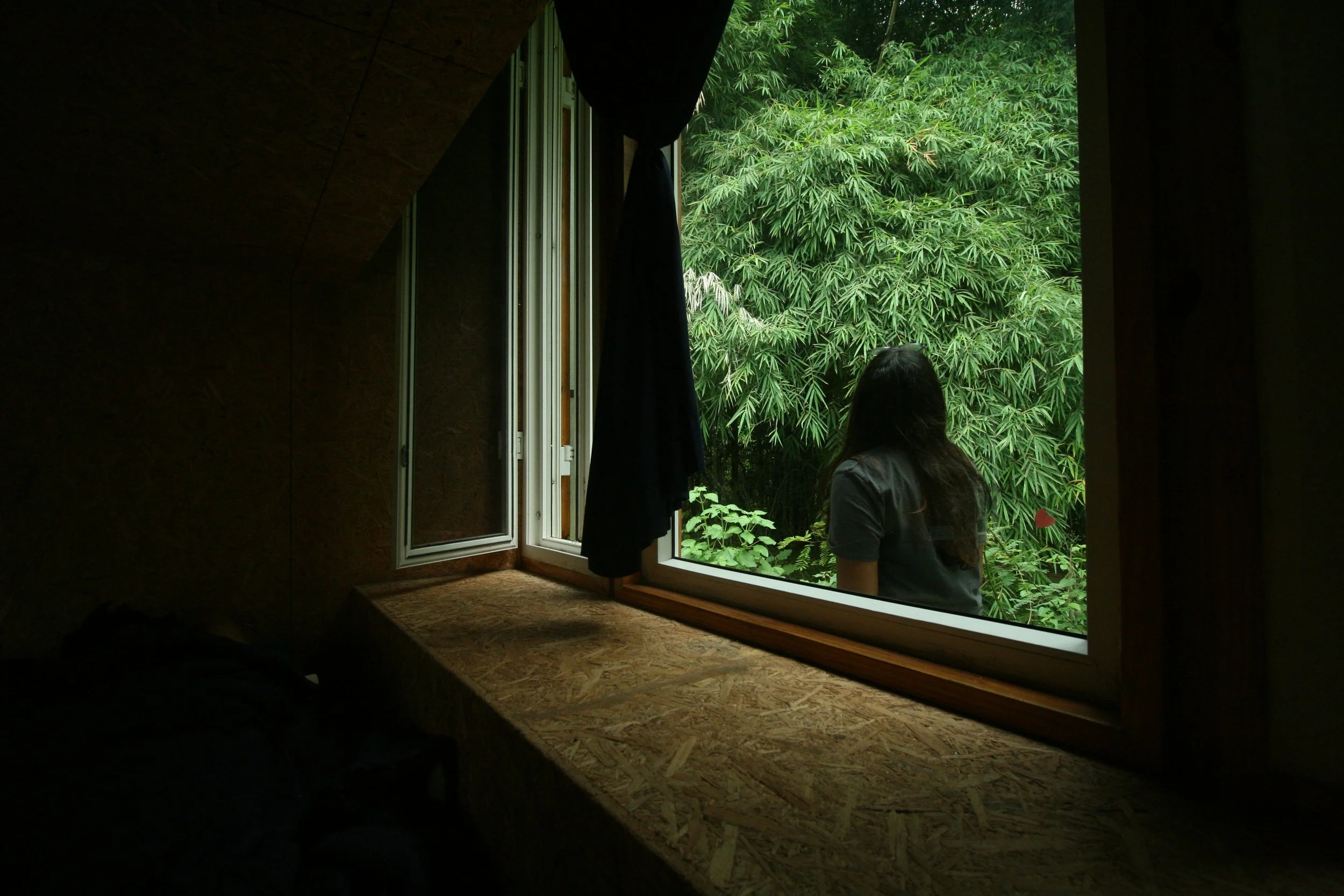The New Romantics: A Made-To-Be-Tiny Philosophy of Self-Love
Out beyond ideas of wrongdoing and rightdoing, self-love is about to gain a new (made-to-be-tiny) meaning. I'll meet you there.
Self-love. A buzzword that has grown (and grown and grown) in people's imaginations over the last decade. It represents one of the most potent values we have collectively cultivated in the contemporary age — the philosophy that love can journey inwards.
There is no better time to explore how radical self-love is and what it means to us in the current hour than the run-up to Valentine’s Day. The juxtaposition of the ever-commercialised festival and the mounting calls to acts of self-love is fascinating and worth meditating over.
What is self-love, really?
If the world is our oyster, then self-love is the grain of sand that intrudes the plateau of everydayness and eventually transforms into a coveted pearl.
Like a pearl is created from being covered by layers and layers of an oyster’s own shell material, self-love too needs to be nourished by matters within us.
In a world where romantic love is considered the one true objective of devotion, self-love is a reclamation. Especially on Valentine’s Day. Amidst the cards and flowers and pricey gifts, self-love is a radical act that demands we are capable of offering ourselves the same unconditional care and acceptance that we do other people.
Once upon a time, our endless scroll down a social media feed celebrated this reclamation. We felt encouraged to buy into the self-love manifesto. The 97 million posts that use #selflove are proof. Yet, like with all things that reach a point of saturation, this too has changed — possibly for the worse.
How the internet destroyed self-love
The thing about learning to love yourself in the time of lifestyle influencers and curated internet personalities is that the main thesis finds itself buried under TikTok-length manifestos and filtered social media moments masquerading as self-care tips. All the while, the true pearls of self-love wisdom get lost in the mud. Nourished by matters decidedly outside of us.
And so, a supposedly inward-looking journey has exploded into a song-and-dance meant to show that you love yourself, instead of actually attempting to love yourself. It’s a whole production, designed for the theatre of the world wide web, that prioritizes the outward documentation of it.
All the world’s a stage, and self-love is a coveted show with a very, very expensive admission fee.
This posturing and one-upmanship – driven by the cruel fear of missing out – has turned self-love into a monster of grandiosity. Only the biggest, boldest, most bombastic methods of self-love will do. Only the ones that can be hashtagged and Reel-ed into existence matter. Only the ones that can go viral have any value.
The true meaning of self-love is pushed to the back of the shelf; the front an aesthetically pleasing arrangement that makes for a good photograph… but not much else.
So how do we decouple self-love from its 24-karat aspirations and return it to its molluscan roots?
How can we make self-love real again?
Playwright Sarah Ruhl notes in her book 100 Essays I Don't Have Time to Write: “Smallness is subversive, because smallness can creep into smaller places and wreak transformation at the most vulnerable, cellular level.”
So let’s posit a new (rather, go back to an old) concept of self-love. Self-love as downsized. Self-love as humble instead of grand gestures. Self-love as a window in a tiny house that lets in just the right amount of light. Self-love as a marshmallow melting over a crackling fire. Self-love as the lullaby of nature putting a drowsy smile on your face.
The New and Improved Ideology of Self-Love is simplicity.
A conscious unsophistication, made by choice. Substituting splurging with thrift. Replacing the over-the-top with the ordinary. Choosing minimalism over extreme consumption. Balance. True, undiluted balance.
“In a time when largeness is threatening to topple us”, Ruhl has written, “I wish to remember and praise the beauty of smallness.”
What self-love means, at Tenpy
At Tenpy, self-love means slowing down. Stepping away from the hustle and bustle of city life into the arms of nature. Pressing pause when the professional cuts into the personal. Recognizing when busyness has morphed into a monster that is devouring our mental and physical well-being. And perhaps most importantly, realizing when your self-love practices have devolved into a desperate desire for likes and comments.
A renewed call to acts of self-love is here, constructed for the weary, the fast-paced, the ones who are always on the go: Learn to love yourself again, but through stillness, without the superficial.
This Valentine’s Day, we can be the new romantics, learning to love ourselves without needing the validation of the world. Bigness is out. Here, the smaller the better.




